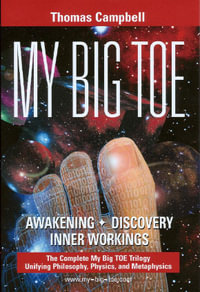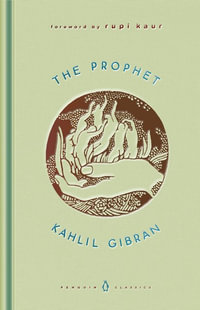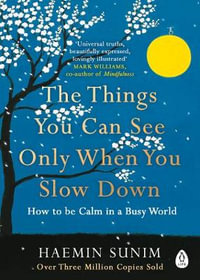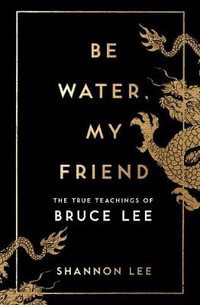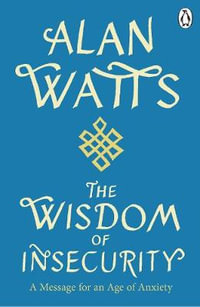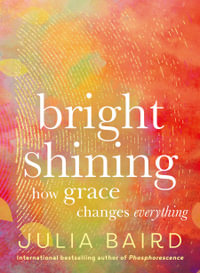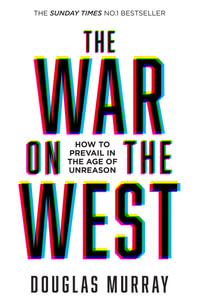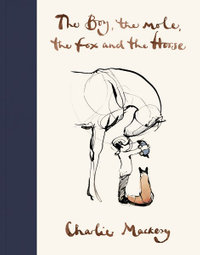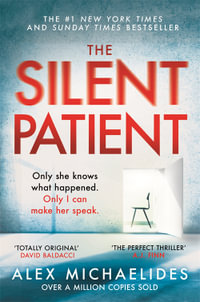
The Philosopher's Touch
Sartre, Nietzsche, and Barthes at the Piano
By: Francois Noudelmann, Brian Reilly (Translator)
Hardcover | 20 January 2012 | Edition Number 1
At a Glance
Hardcover
Limited Stock Available
$74.35
Noudelmann positions the physical and theoretical practice of music as a dimension underpinning and resonating with Sartre's, Nietzsche's, and Barthes's unique philosophical outlook. By reading their thought against their music, he introduces new critical formulations and reorients their trajectories, adding invaluable richness to these philosophers' lived and embodied experiences. The result heightens the multiple registers of being and the relationship between philosophy and the senses that informed so much of their work. A careful reader of music, Noudelmann maintains an elegant command of the texts under his gaze and appreciates the discursive points of musical and philosophical scholarship they involve, especially with regard to recent research and cutting-edge critique.
Industry Reviews
ISBN: 9780231153942
ISBN-10: 0231153945
Series: European Perspectives: A Series In Social Thought and Cultural Criticism
Published: 20th January 2012
Format: Hardcover
Language: English
Number of Pages: 176
Audience: General Adult
For Ages: 22+ years old
Publisher: Columbia University Press
Country of Publication: US
Edition Number: 1
Dimensions (cm): 21.56 x 14.69 x 1.87
Weight (kg): 0.35
Shipping
| Standard Shipping | Express Shipping | |
|---|---|---|
| Metro postcodes: | $9.99 | $14.95 |
| Regional postcodes: | $9.99 | $14.95 |
| Rural postcodes: | $9.99 | $14.95 |
How to return your order
At Booktopia, we offer hassle-free returns in accordance with our returns policy. If you wish to return an item, please get in touch with Booktopia Customer Care.
Additional postage charges may be applicable.
Defective items
If there is a problem with any of the items received for your order then the Booktopia Customer Care team is ready to assist you.
For more info please visit our Help Centre.
You Can Find This Book In
This product is categorised by
- Non-FictionArts & EntertainmentMusicMusical Instruments & Instrumental EnsemblesKeyboard Instruments
- Non-FictionPhilosophyHistory of Western PhilosophyWestern PhilosophyDeconstructionism
- Non-FictionBiographies & True Stories Memoirs
- Non-FictionScienceBiology, Life Sciences
- Non-FictionComputing & I.T.Computer Programming & Software Development
- Non-FictionBiographies & True Stories Biographies
- Non-FictionPhilosophy
- BargainsNon-Fiction BargainsHistory Bargains
- BargainsNon-Fiction BargainsMusic, Film & Performing Arts Book Bargains
- BargainsNon-Fiction BargainsAutobiography and Biography Bargains
- BargainsNon-Fiction BargainsPhilosophy Book Bargains
- BargainsNon-Fiction BargainsScience Bargains
